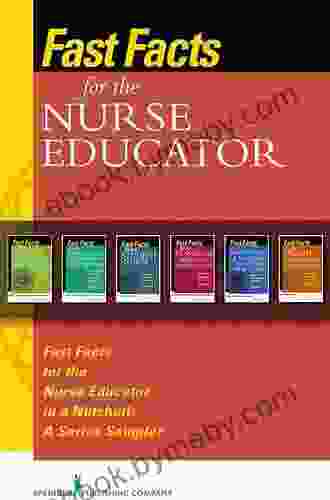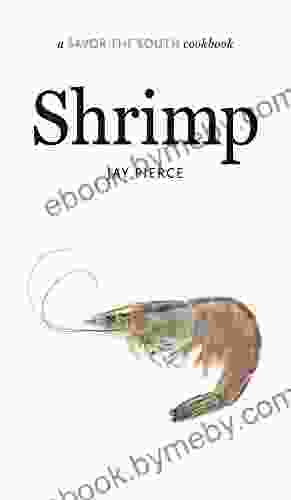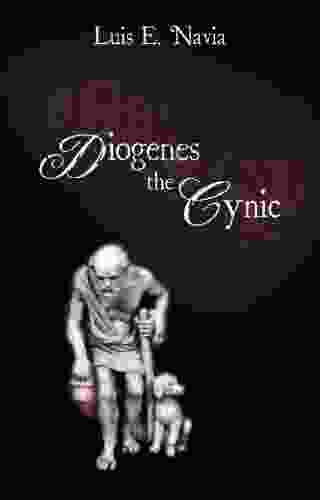Fast Facts For The Nurse Educator: A Comprehensive Guide for Nurse Educators

Nurse educators play a vital role in preparing nurses for the workforce. They are responsible for developing curriculum, teaching courses, and assessing students. To be effective in their role, nurse educators need to have a strong understanding of the nursing profession and the educational process.
4.4 out of 5
| Language | : | English |
| File size | : | 3517 KB |
| Text-to-Speech | : | Enabled |
| Screen Reader | : | Supported |
| Enhanced typesetting | : | Enabled |
| Print length | : | 172 pages |
This book provides nurse educators with the essential information they need to effectively prepare nurses for the workforce. Covering a wide range of topics, from curriculum development to assessment strategies, this book is a valuable resource for any nurse educator.
Table of Contents
- Chapter 1: The Role of the Nurse Educator
- Chapter 2: Curriculum Development
- Chapter 3: Teaching Strategies
- Chapter 4: Assessment Strategies
- Chapter 5: Clinical Education
- Chapter 6: Evaluation and Quality Improvement
- Chapter 7: Resources for Nurse Educators
Chapter 1: The Role of the Nurse Educator
The role of the nurse educator is to prepare nurses for the workforce. This involves developing curriculum, teaching courses, and assessing students. Nurse educators must have a strong understanding of the nursing profession and the educational process.
In addition to their teaching responsibilities, nurse educators also play a role in research and scholarship. They are responsible for staying up-to-date on the latest research findings and incorporating this information into their teaching. Nurse educators also participate in research studies to improve the quality of nursing education.
Chapter 2: Curriculum Development
Curriculum development is the process of creating a plan for teaching. Nurse educators must consider a number of factors when developing curriculum, including the needs of the students, the goals of the program, and the available resources.
The curriculum development process typically involves the following steps:
- Needs assessment: The nurse educator must first identify the needs of the students. This can be done through surveys, interviews, and focus groups.
- Goal setting: The nurse educator must then set goals for the program. These goals should be aligned with the needs of the students.
- Resource identification: The nurse educator must identify the resources that are available to support the program. This includes faculty, staff, equipment, and facilities.
- Curriculum design: The nurse educator must then design the curriculum. The curriculum should be organized in a logical way and should include a variety of teaching methods.
- Evaluation: The nurse educator must finally evaluate the curriculum. This can be done through surveys, interviews, and focus groups.
Chapter 3: Teaching Strategies
Nurse educators use a variety of teaching strategies to meet the needs of their students. These strategies include:
- Lecture: This is a traditional teaching method in which the instructor presents information to the students.
- Discussion: This is a more interactive teaching method in which the students participate in a discussion about a topic.
- Simulation: This is a teaching method in which the students practice skills in a realistic setting.
- Case study: This is a teaching method in which the students analyze a case study to learn about a particular topic.
- Online learning: This is a teaching method in which the students learn using online resources.
The best teaching strategy for a particular topic will depend on the needs of the students and the goals of the program.
Chapter 4: Assessment Strategies
Assessment is the process of measuring student learning. Nurse educators use a variety of assessment strategies to measure student learning, including:
- Exams: This is a traditional assessment method in which the students take a written or oral exam.
- Projects: This is an assessment method in which the students complete a project to demonstrate their learning.
- Portfolios: This is an assessment method in which the students collect evidence of their learning over time.
- Performance assessments: This is an assessment method in which the students demonstrate their skills in a realistic setting.
The best assessment strategy for a particular topic will depend on the needs of the students and the goals of the program.
Chapter 5: Clinical Education
Clinical education is an essential part of nursing education. This is where the students apply the knowledge and skills they have learned in the classroom to a real-world setting.
Clinical education is typically conducted in a variety
4.4 out of 5
| Language | : | English |
| File size | : | 3517 KB |
| Text-to-Speech | : | Enabled |
| Screen Reader | : | Supported |
| Enhanced typesetting | : | Enabled |
| Print length | : | 172 pages |
Do you want to contribute by writing guest posts on this blog?
Please contact us and send us a resume of previous articles that you have written.
 Book
Book Novel
Novel Page
Page Chapter
Chapter Text
Text Story
Story Genre
Genre Reader
Reader Library
Library Paperback
Paperback E-book
E-book Magazine
Magazine Newspaper
Newspaper Paragraph
Paragraph Sentence
Sentence Bookmark
Bookmark Shelf
Shelf Glossary
Glossary Bibliography
Bibliography Foreword
Foreword Preface
Preface Synopsis
Synopsis Annotation
Annotation Footnote
Footnote Manuscript
Manuscript Scroll
Scroll Codex
Codex Tome
Tome Bestseller
Bestseller Classics
Classics Library card
Library card Narrative
Narrative Biography
Biography Autobiography
Autobiography Memoir
Memoir Reference
Reference Encyclopedia
Encyclopedia Kate Douglas Wiggin
Kate Douglas Wiggin Karen George
Karen George Julie Urbanski
Julie Urbanski Katerina Mparmpa
Katerina Mparmpa Nadia Murad
Nadia Murad Lori Mikeska
Lori Mikeska Juliette Harper
Juliette Harper Kristin Berry
Kristin Berry Kathy Smith
Kathy Smith Justine Bateman
Justine Bateman Regina Kanyu Wang
Regina Kanyu Wang Lija Fisher
Lija Fisher Phil Pustejovsky
Phil Pustejovsky Kay Faye
Kay Faye Russ Mitchell
Russ Mitchell Juliet Marillier
Juliet Marillier Ted Kaczynski
Ted Kaczynski Kayla Cottingham
Kayla Cottingham Karl Polanyi
Karl Polanyi Karina Garcia
Karina Garcia
Light bulbAdvertise smarter! Our strategic ad space ensures maximum exposure. Reserve your spot today!
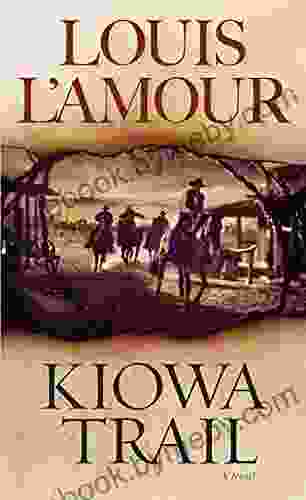
 Alvin BellSaddle Up for Adventure: A Journey Through the Wild West with Louis L'Amour's...
Alvin BellSaddle Up for Adventure: A Journey Through the Wild West with Louis L'Amour's...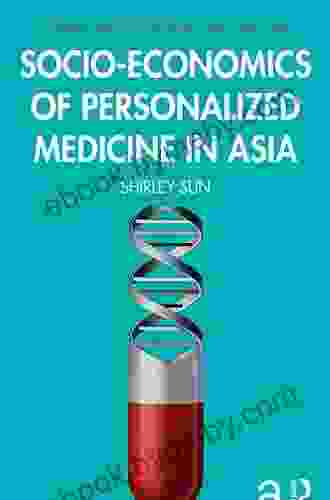
 Natsume SōsekiSocio-Economics of Personalized Medicine in Asia: Reshaping Healthcare and...
Natsume SōsekiSocio-Economics of Personalized Medicine in Asia: Reshaping Healthcare and... Norman ButlerFollow ·12.2k
Norman ButlerFollow ·12.2k Lee SimmonsFollow ·19.9k
Lee SimmonsFollow ·19.9k Oscar BellFollow ·2.2k
Oscar BellFollow ·2.2k Jason ReedFollow ·10.4k
Jason ReedFollow ·10.4k Herb SimmonsFollow ·15.1k
Herb SimmonsFollow ·15.1k Alan TurnerFollow ·8.8k
Alan TurnerFollow ·8.8k Robbie CarterFollow ·16.8k
Robbie CarterFollow ·16.8k E.M. ForsterFollow ·9.6k
E.M. ForsterFollow ·9.6k
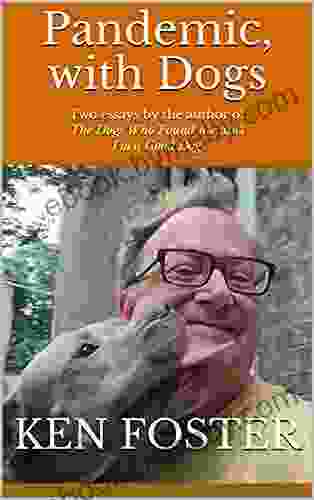
 George Orwell
George OrwellPandemic with Dogs: Two Essays
By Susannah Charleson In the midst of...

 Leo Mitchell
Leo MitchellAdam Smith's The Wealth of Nations: A Classic Treatise on...
Adam Smith's The...
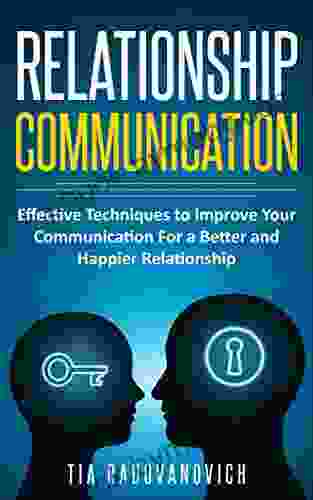
 Cade Simmons
Cade SimmonsUnlock Your Communication Potential: Effective Techniques...
Communication is a fundamental...
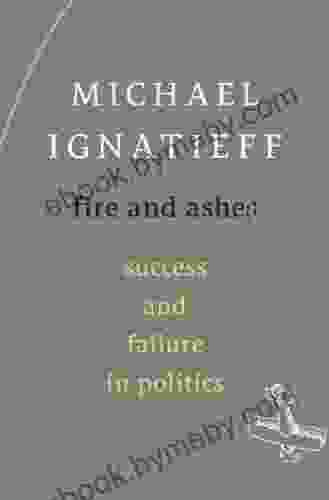
 Floyd Richardson
Floyd RichardsonFire and Ashes: Success and Failure in Politics
Fire and Ashes: Success and...
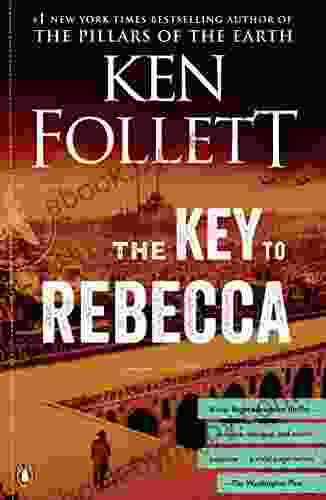
 Oliver Foster
Oliver FosterUnlock the Enchanting Mystery of Ken Follett's "The Key...
Embark on a captivating literary journey into...
4.4 out of 5
| Language | : | English |
| File size | : | 3517 KB |
| Text-to-Speech | : | Enabled |
| Screen Reader | : | Supported |
| Enhanced typesetting | : | Enabled |
| Print length | : | 172 pages |


